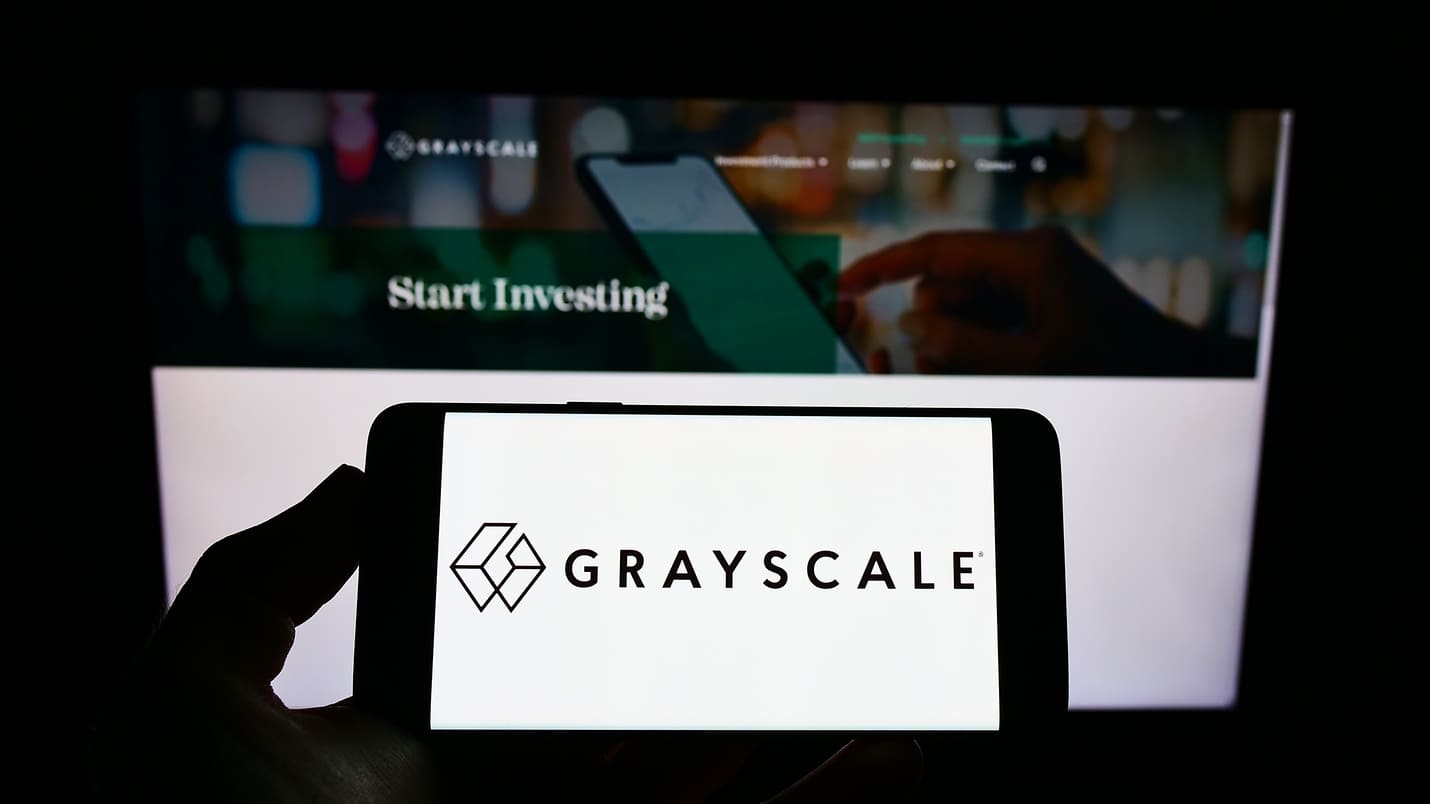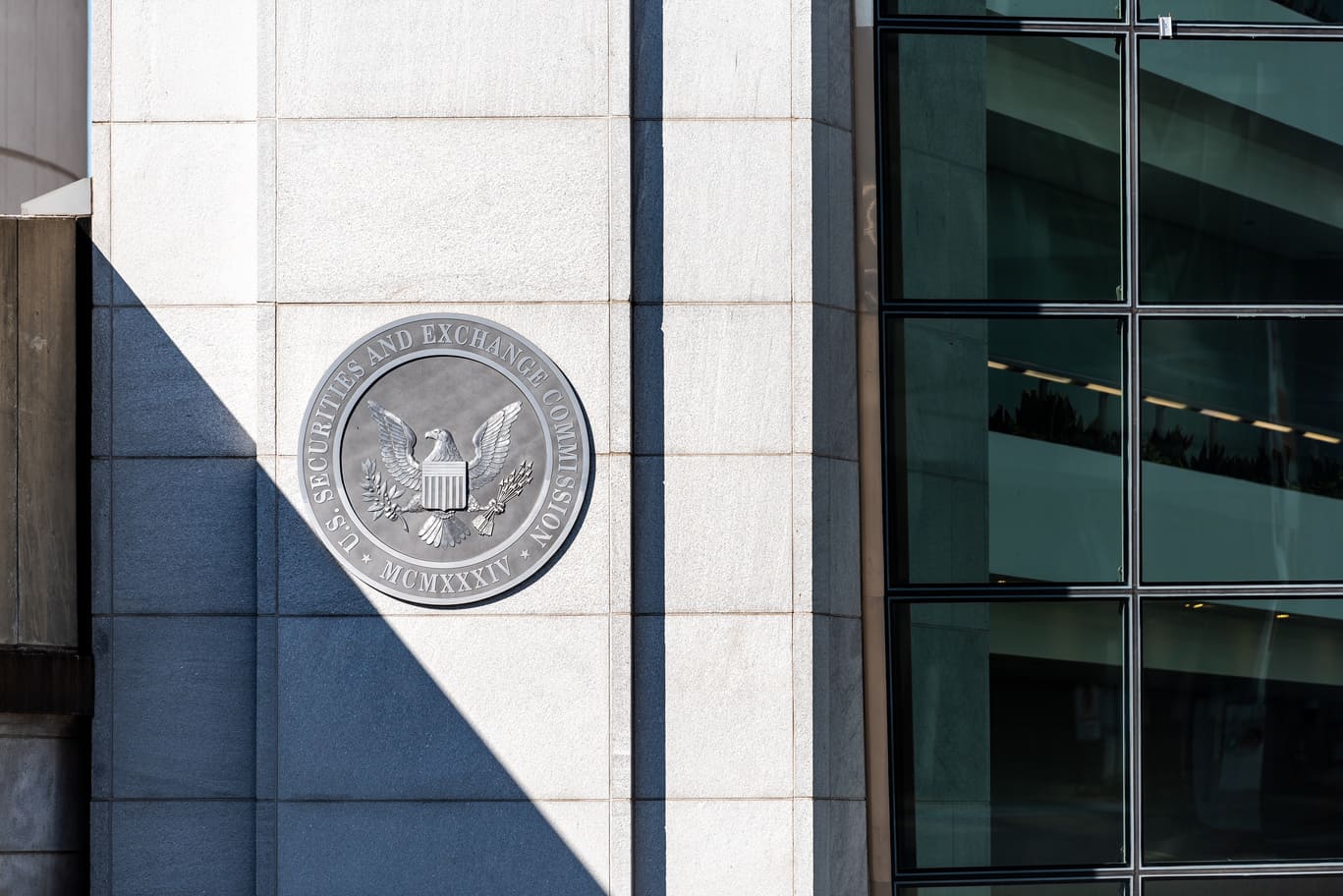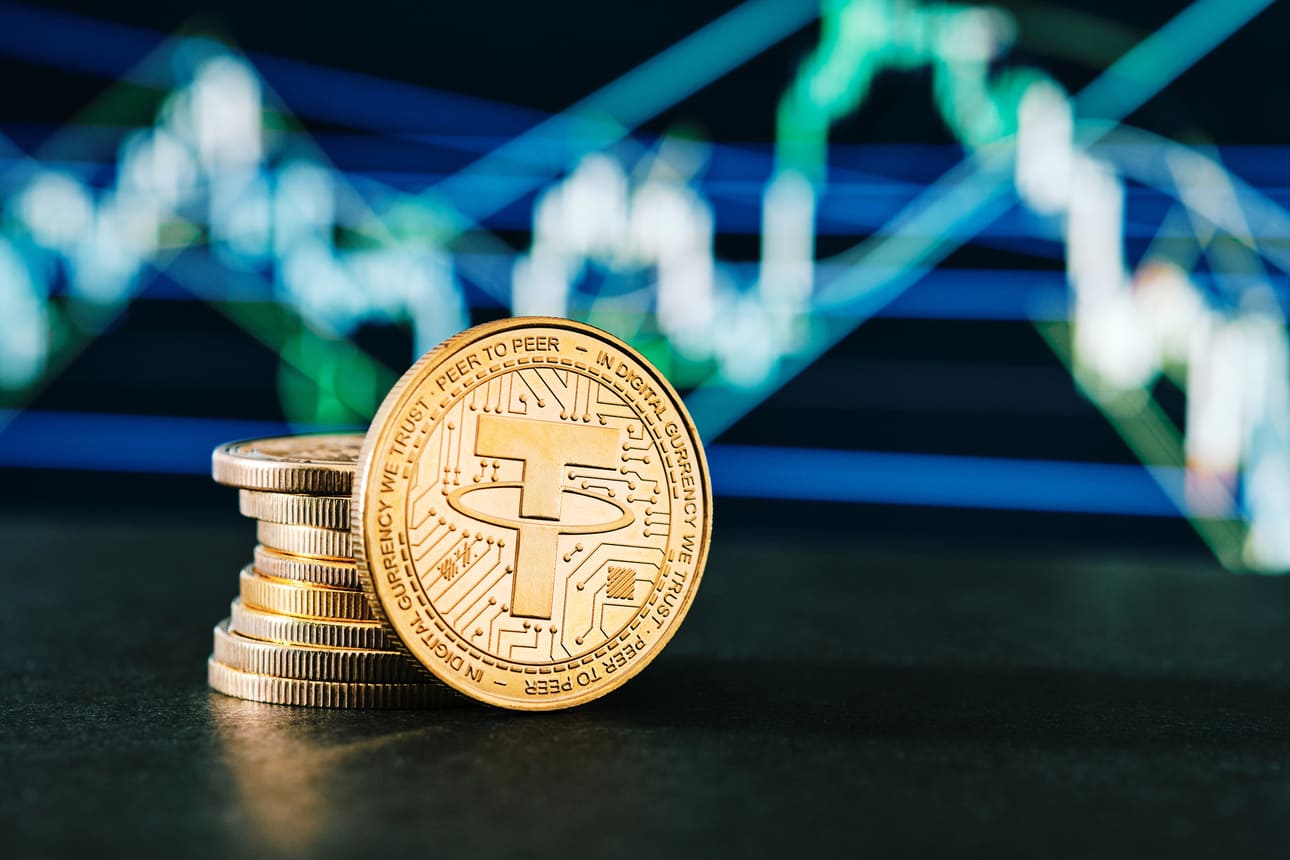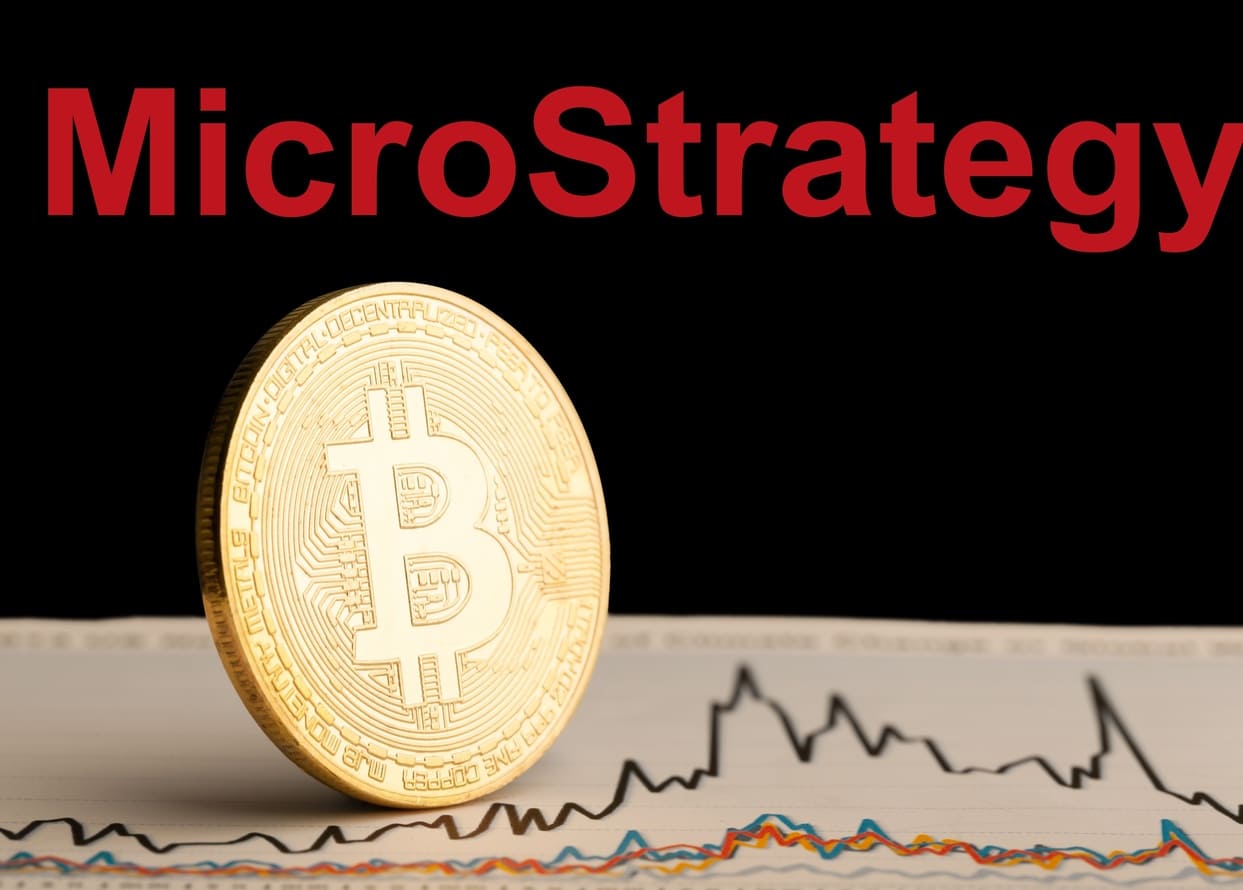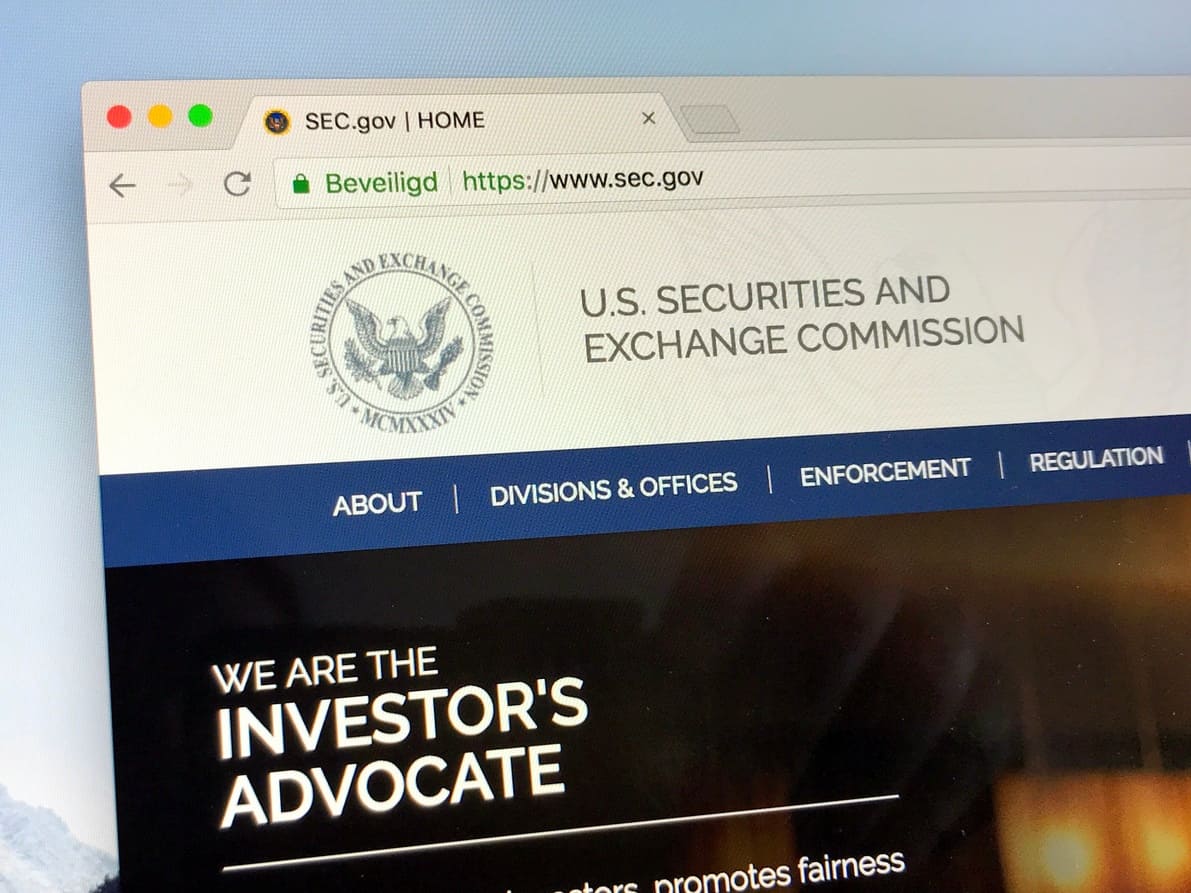
SEC Claims Crypto Assets Have No Intrinsic Value in Lawsuit Against Coinbase
The regulatory agency uses the Howey test to argue that crypto falls under its jurisdiction.
The U.S. Securities and Exchange Commission (SEC) has filed a court motion against Coinbase, the largest US crypto exchange by volume, arguing that digital assets are investment contracts lacking intrinsic value. According to the SEC, these assets cannot generate profits independently.
The SEC states that “real estate has ‘intrinsic value,’ whereas a crypto token ‘will generate no profit absent an ecosystem that drives demand.’” The authority compares digital assets to tangible assets that have been sold as part of investment contracts in previous cases, such as “orange groves, beavers, whiskey caskets, and chinchillas assets with inherent value… Crypto assets are unlike the tangible assets sold in those cases.” The SEC claims that digital assets are different from these tangible assets because they have no inherent value of their own. "Any suggestion that the potential utility of some of the assets somehow changes the analysis is wrong,” the SEC states.
The SEC references the Howey test, a commonly used legal standard to determine if a transaction qualifies as an investment contract. The Howey test defines an investment contract as “a contract, transaction or scheme whereby a person invests his money in a common enterprise and is led to expect profits solely from the efforts of the promoter or a third party.”
The SEC argues that crypto’s lack of intrinsic value makes it an investment contract, and thus, subject to the SEC’s authority.
"If crypto assets embody some underlying value (like an entry on a ledger), that value is accessed through the digital token. But the token (which is just software) has no innate or inherent value of its own – it is tied to its underlying value, which for the crypto assets at issue in this case, is the investment contract. Without the access to a service or the intellectual property those crypto assets signify, they would be worthless. After all, investors are not purchasing those assets to own a digital sequence of letters and numbers."
Coinbase has previously criticized the SEC’s enforcement-only approach as harmful to the US economy.


